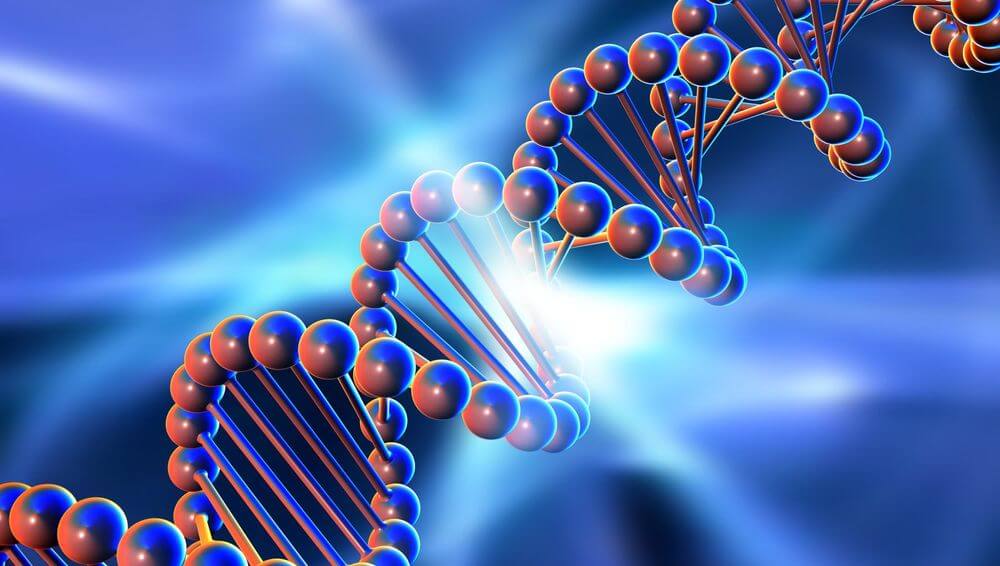- Get link
- X
- Other Apps
- Get link
- X
- Other Apps

Researchers from under the guidance of Professor Ross King developed a computing device based on deoxyribonucleic acid. If we take DNA as a programming language for life, then why not create a computer capable of computing on its basis? If DNA is able to give orders to leukocytes to attack the infection, or to make the hair grow, in theory it can be adapted to handle huge amounts of data. As the British scientists have proved.
The current generation of computers uses a certain number of processors and their cores to perform certain operations. The device based on DNA molecules is able to copy itself, grow in order to simultaneously perform more and more calculations. Quantum computers, which are currently at a very early stage of development, are also capable of incredibly fast parallel calculations, but their work is associated with enormous technical difficulties, but DNA constraints have not revealed such limitations.
Professor Ross King for the first time in history demonstrated the work of the nondeterministic universal Turing machine. Theoretically, such a device is capable of increasing its performance exponentially, leaving far behind traditional electronic and even quantum computers. Scientists around the world have tried to prove the possibility of creating such a computer for decades. But the British scientist for the first time managed to implement a similar mechanism based on DNA molecules. The results of their work, scientists plan to publish in the prestigious Journal of the Royal Society Interface in the very near future.
"Imagine a computer that is trying to get out of the maze and is on the fork in the road. The electronic computer will choose either the left road or the right one. And our computing device does not need to choose anything, it can bifurcate and go simultaneously on both roads, thereby speeding up the process of finding the right solution. This "magic" ability is made possible by the fact that the computer is made from DNA, rather than from silicon chips, "explains Professor King.
Quantum computers are also able to "go straight in two directions at a fork", in the words of the professor, but this is possible only if the labyrinth has a strictly defined symmetry, and this, in turn, severely limits the capabilities of such computers. Due to the fact that DNA molecules are very small, desktop computers based on this technology can contain much more components than traditional PCs. At the same time, the energy consumption of DNA computers will also tend to a minimum. Of course, consumer solutions based on this discovery will appear only after tens of years, but we have just witnessed a very important discovery for science.
The article is based on materials .
- Get link
- X
- Other Apps
Comments
Post a Comment